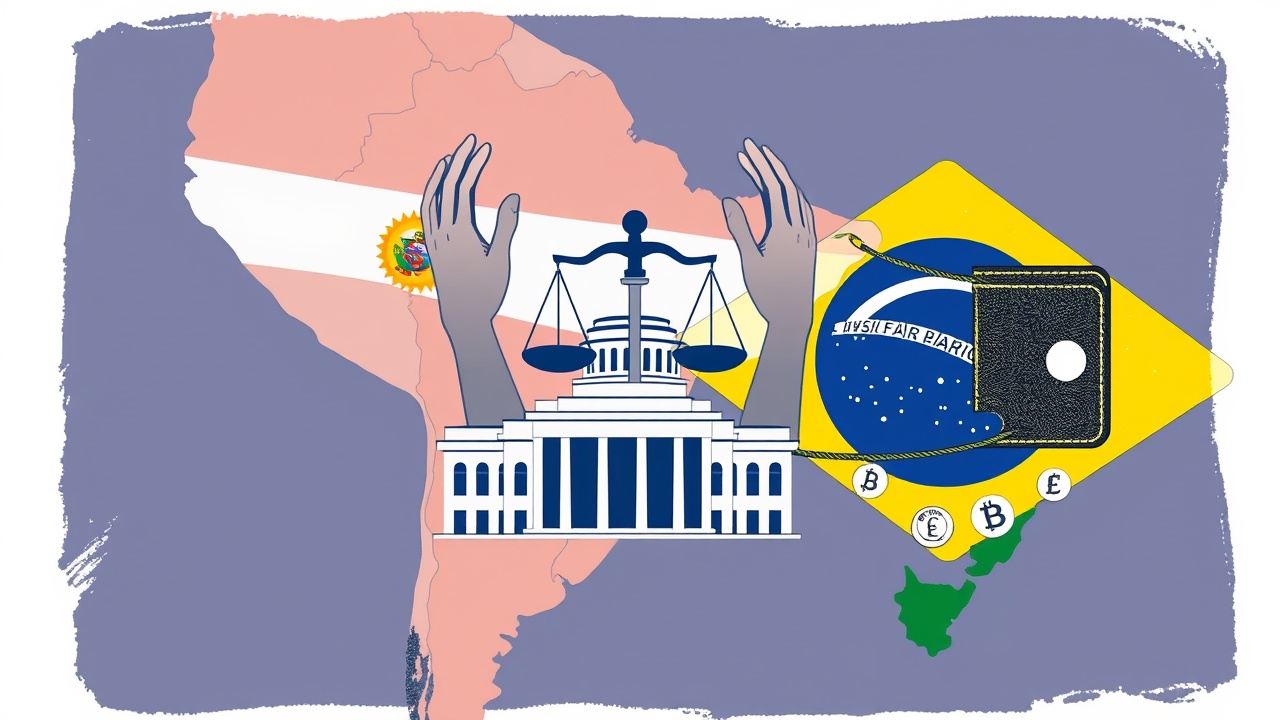Latam Insights: Cryptocurrency and Economic Developments
In the latest edition of Latam Insights, we explore significant developments in the cryptocurrency and economic landscape of Latin America that occurred recently. Key highlights include:
- Argentina: Investigation into the launch of the Libra token.
- Brazil: New laws permitting the seizure of cryptocurrencies for debt repayment.
- Challenges faced by Brazil’s central bank’s digital currency (CBDC) pilot, known as drex.
Investigation of the Libra Token in Argentina
The Argentine lower house of Congress has proposed the formation of a special commission tasked with probing the roles of government officials in both the rollout and subsequent failures of the Libra token, formally termed La Libertad Avanza. This initiative has garnered considerable attention, as it was passed by 128 votes from leftist factions while only 93 lawmakers opposed it and 7 abstained.
A group of 24 representatives will lead this inquiry, which will delve into testimonies to ascertain the involvement of President Javier Milei, his sister Karina Milei, and other participants in the token’s launch and subsequent issues.
The investigative activities are set to commence on April 23, with a three-month timeline to present findings and assign any necessary culpability.
Brazil’s Landmark Ruling on Cryptocurrencies
In a groundbreaking ruling, Brazil’s National High Court (STJ) has affirmed that cryptocurrencies can be classified as assets permissible for seizure when settling unpaid debts. This ruling marks a significant shift in the judicial landscape for digital currencies, providing avenues for creditors to reclaim debts from individuals who may bypass conventional financial systems.
The court justified its decision by highlighting that cryptocurrencies are considered taxable assets, requiring reporting to the Federal Revenue Service. Although not designated as legal tender, they can function as payment mediums and possess value retention capabilities.
Challenges Faced by Brazil’s CBDC Pilot
Meanwhile, the development of drex, Brazil’s pilot CBDC, is encountering difficulties. Reports from Valor Economico indicate that resource allocation for the project has diminished, hampering its progress. Major companies like Microsoft and EY, which are crucial to designing the project’s privacy solutions, have reduced the workforce dedicated to this initiative.
The Brazilian central bank has halted the second phase of the drex pilot, as privacy plans presented have not met the organization’s specifications for transaction confidentiality and regulatory oversight. This deadlock poses challenges for the future of Brazil’s digital currency efforts.


















